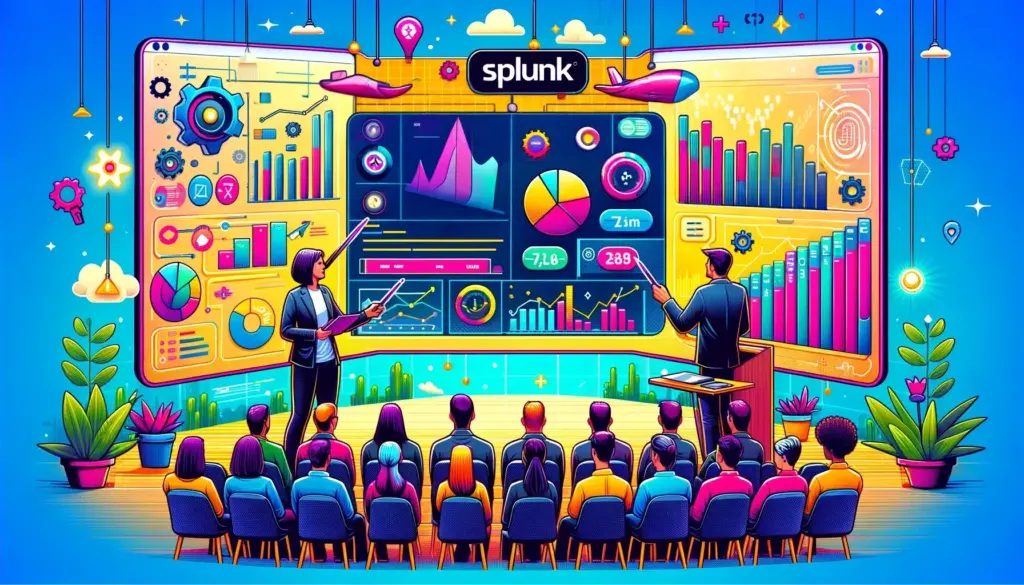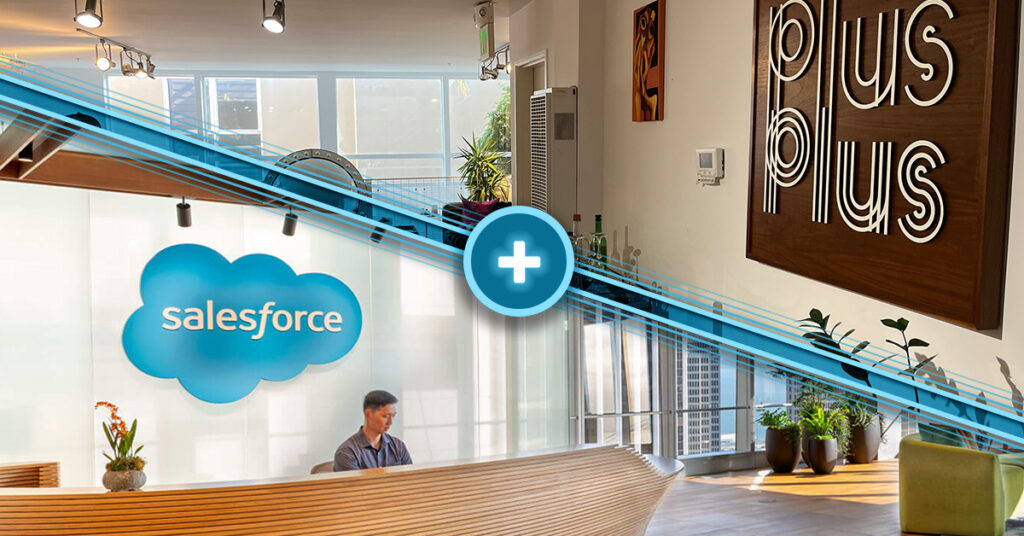Overview
As part of the November 2020 discussion, Benji Shine, Engineering Learning Specialist at Slack, explained how to offer engineers psychological support through the onboarding process.
Anxiety blocks learning
When starting a new job, there is often a steep learning curve. It can be a challenging time under normal circumstances, but particularly difficult when working remotely. At Slack, Benji’s team gleaned information from surveys to learn more about the experience new engineers were having. The results showed that they needed more psychological support from the outset.
He added that anxiety blocks the learning process. New hires also feel the need to prove their worth, which isn’t conducive to asking questions.
By creating psychological safety, organizations can give new hires confidence to navigate their way through the onboarding process and begin to feel like a seasoned employee. Benji shared five ways that organizations can do this effectively.
Clear structure for time and tasks
- New hires are already in an unfamiliar environment when they start their job.
- Creating a clear schedule and structure around onboarding can reduce anxiety significantly and set out the expectations.
- An extremely detailed checklist of the steps involved in a session also makes it easy for engineers to get a few quick wins and helps to boost their confidence at the beginning.
- When writing instructions, make them clear enough for a novice to complete.
Fast and friendly technical support
At Slack, Benji created a channel specifically for new engineers to get their questions answered. This communication method provides new hires with fast crowd-sourced answers, and they are encouraged to ask before searching for the answer themselves.
While this isn’t the way engineers typically prefer to approach a problem, it creates community and support, unblocks onboarding, and reduces interruptions. Benji stressed that if recruits go off on their own to find the answer, and they don’t find it quickly, their anxiety will go up, and productivity will drop.
Accept heterogeneous identities and skill levels
It is also crucial to make new hires feel welcomed, regardless of their identity or skill level, and make them a part of the team.
A great way to do this is to disregard levels when setting an onboarding task. For some, it will be their first job; others will have twenty years experience. Set the same task for everyone, but with different levels of support.
Teams can also focus on recruiting and nurturing a diverse range of presenters so that people can identify with experts on a topic. Checking the correct pronunciation of names also helps to make people feel welcomed.
Explicit social onboarding
Working remotely can present challenges for social connection or the lack thereof. It’s key to create explicit opportunities for social interaction. Encourage team members to meet up to get to know each other without talking shop. A tool like Donut help with scheduling and can help formalize the habit.
Acknowledge emotional challenge
Benji explained that we make room for emotional challenges by acknowledging them.
It is essential to reassure new hires and acknowledge that the world is more complicated than usual. Praising vulnerability and normalizing anxiety also helps to bring psychological well-being into focus.
He also shared the following list that employees at Slack receive to support their well-being:
- Above all else, take care of yourself and your family
- It’s ok to eat during meetings and training, or take care of other bio needs
- The dates on your checklist are guidelines, not a requirement
- Onboarding meetings are a higher priority than almost all other meetings
- Ask if you are not sure
- Take breaks when you need them







